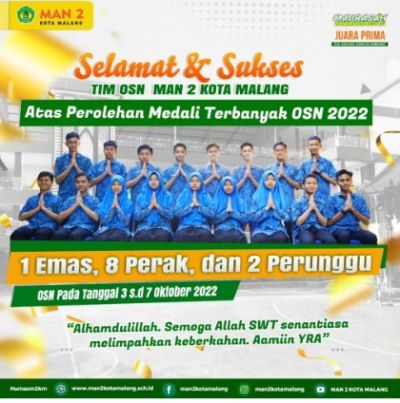
11(C)(2)(c) and orally advise a defendant before accepting a felony plea that the plea waives (1) the right to a jury trial, (2) the right to confront one’s accusers, (3) the right to compulsory process to obtain witnesses, (4) the right to require the state to prove guilt beyond a reasonable doubt, and (5) the privilege against compulsory self-incrimination.
#Rule 11 colloquy trial#
Veney, 120 Ohio St.3d 176 (2008) (“A trial court must strictly comply with Crim.R. Griggs, 2004-Ohio-4415 (“Though failure to adequately inform a defendant of his constitutional rights would invalidate a guilty plea under a presumption that it was entered involuntarily and unknowingly, failure to comply nonconstitutional rights will not invalidate a plea unless the defendant thereby suffered prejudice.”) 11(C) when informing the defendant about his constitutional rights, as long as the rights are explained in a reasonably intelligible manner.) The trial court does not need to use the exact language contained in Crim.R. Ballard, 66 Ohio St.2d 473 (1981) (“or a guilty plea to be voluntarily and intelligently entered, the defendant must be informed that he is waiving” the constitutional rights listed in Crim.R. determining that the defendant understands that by the plea, the defendant is waiving the rights to jury trial, to confront witnesses against him or her, to have compulsory process for obtaining witnesses in the defendant’s favor, and to require the state to prove the defendant’s guilt beyond a reasonable doubt at a trial at which the defendant cannot be compelled to testify against himself or herself.”) Read the oral argument preview of the case here and the analysis of the argument here.Ĭrim.R. The dissenting judge (then-Judge Melody Stewart) found that the trial court had complied with the rule because the court had “meaningfully conveyed the substance of Miller’s rights” to him, and that the Supreme Court of Ohio had never required magic words for a waiver.

Veney, the trial court had to advise Miller specifically that he would waive his constitutional rights by pleading guilty. The majority held that strict compliance with Crim.R.11(C)(2) is required and in order to strictly comply, pursuant to Supreme Court precedent set forth in State v. In a split decision, the Eighth District Court of Appeals vacated Miller’s guilty pleas, reversed his convictions, and remanded the case to the trial court for further proceedings. The judge accepted the plea and sentenced him to eight years in prison and three years of postrelease control. The judge did not specifically ask Miller if he understood he was waiving those rights. During the plea hearing, the judge advised Miller of the enumerated constitutional rights he would be entitled to if he chose to go to trial and Miller affirmatively stated that he understood those rights. Pursuant to a plea agreement, Shawn Miller pleaded guilty to several offenses in the Cuyahoga County Court of Common Pleas.

A trial court does strictly comply when the defendant is advised in an understandable way that the plea waives the rights set forth in the rule, and the defendant in this case was so advised. 11(C)(2)(c), but that strict compliance does not require the exact words in the rule. In a unanimous opinion written by Justice Fischer, in which Judge Sadler sat for Justice Stewart, the Court held that in felony cases, trial courts must strictly comply with the plea colloquy required by Crim.

On April 14, 2020, the Supreme Court of Ohio handed down a merit decision in State v.

11(C)(2)(c) almost verbatim… We have never mandated that a trial court use particular words in order to comply with Crim.R. “Miller mistakenly equates strict compliance with a requirement that the judge recite the provisions of Crim.R.


 0 kommentar(er)
0 kommentar(er)
